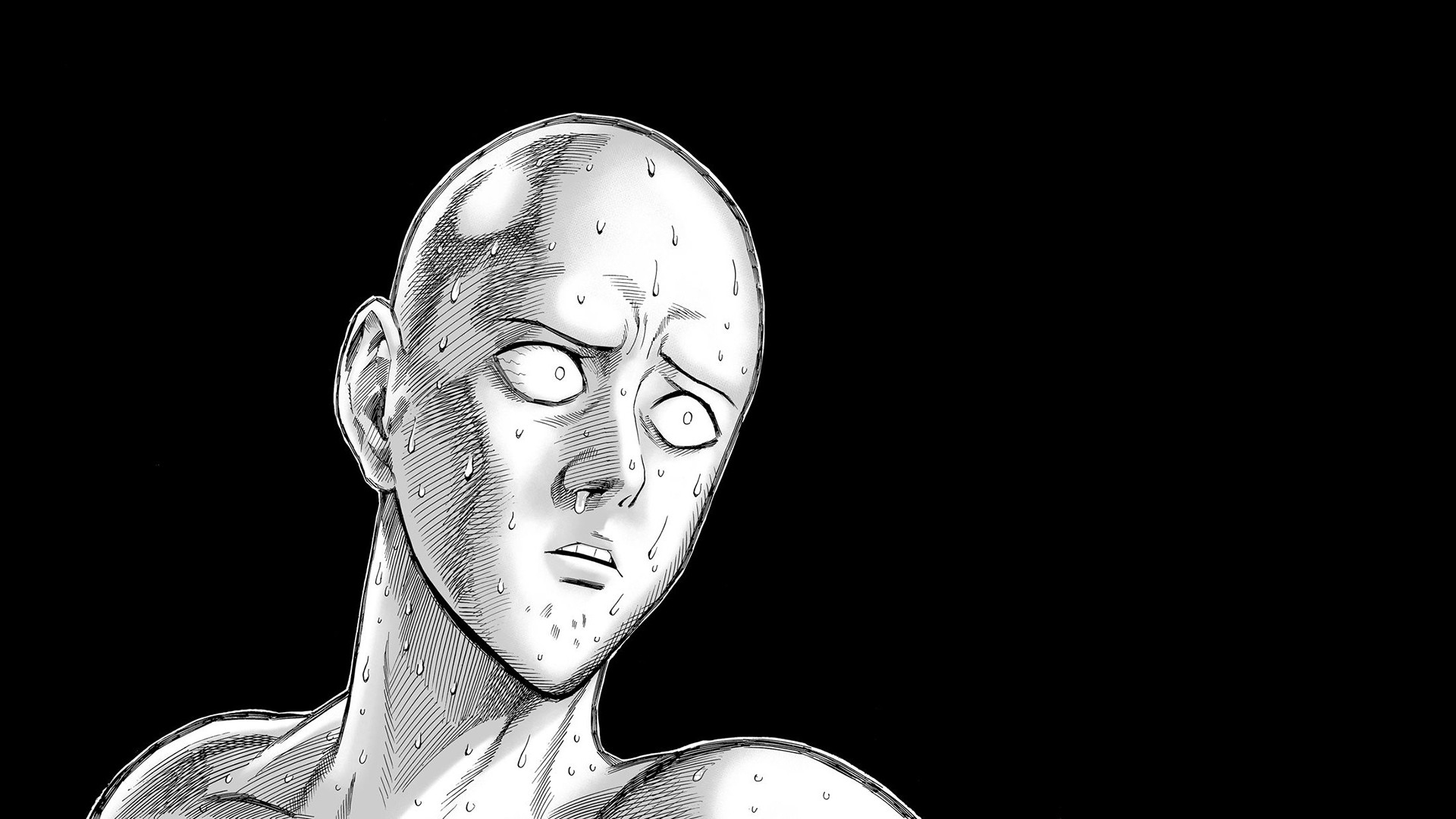There is no depth at all in psychology, and this is a very remarkable thing. There’s depth in human beings for sure, and yet there is no depth at all in the discipline of psychology, which is supposed to be about human beings, and so what’s this all about? We can very easily see that there is no depth in psychology – all we have to do is read a few journal articles (if we can bear to). It is all ‘rational outpourings’, it’s an infinite river of rational outpourings – it goes on and on without ever saying anything!
Dry rational language and ream upon ream of quantitative data isn’t just inadequate for the task of talking in any meaningful way about the psyche, it’s actually a ‘low-down trick’. It’s a ‘low-down trick’ because it is implicitly making us out to be made out of this some kind of ‘inferior material’, some kind of unremarkable mundane material, some kind of substance that doesn’t really deserve any respect. It’s saying that we are ‘nothing but…’, which is of course what rationality inevitably does. Mysteries are solved and turned into pages in a textbook. This is a course an old argument, but that doesn’t mean that we shouldn’t air it again, just in case anyone has forgotten it! To assume that the psyche can be ‘explained away’ using this kind of dry useless tedious language, to assume that this terribly impoverished type of language can be used to put together some kind of meaningful picture of ‘who or what we are’, is nothing less than an assassination attempt. ‘Who we truly are’ is being assassinated, and in its place we are given to understand – in an indirect and therefore deeply insidious way – that ‘what we actually are’ is ‘not very much really’. We are very much given to understand that our actual nature is no big deal, just a matter of ‘this, that and the other’. So says rational psychology, although this will of course be denied vehemently at every turn.
There is no way that anyone is ever going to turn around and admit this. Lip-service is always paid to ‘how human life matters’, and ‘how our well-being is of the utmost importance’, and so on and so forth, but underlying all of the lip-service there is this utterly deadening implicit message of rational determinism (or ‘nothing but-ism’). It’s as if we were collectively incapable of looking at what is being implied, and shining any sort of light on it. The matter is never discussed – we refuse to pay attention to what it is that we are actually saying. We claim to be given doing something great and laudable on the one hand, whilst all the way all the while we are doing something scurrilous, something nefarious, something completely and utterly underhand!
We really are doing something nefarious – there are no two ways about it. We are saying – or rather implying – that ‘what we are’ is in its essence knowable. This is indisputable; that is how the rational mind works – by assuming that everything fits into its terms, its framework. That’s what thinking is – when we think we turn everything into thoughts! Who can deny this? When we think we turn the world into thoughts and thoughts are ‘knowable’; when we think we converted the world into a knowable format. We render the world to ourselves in intelligible terms, and these terms just happen to be our own invention.
But ‘who or what we are’ is quintessentially ‘not-knowable’, quintessentially ‘not-intelligible’. This isn’t some conjecture, some fancy metaphysical statement or hoary old religious dogma – it’s simply what every single one of us would discover if we sat with ourselves long enough to let consciousness separate from the incessant froth of our thinking. We would discover that our true nature is completely unknowable, that it is frankly discontinuous with regard to our maps and models. Thinking about ourselves isn’t after all the same as simply ‘being aware of what it feels like to be here in a non-conceptual kind of away’. In the case of thinking we are always projecting our own assumed brand of order on the world without bothering to pay attention to the fact that this is what we doing, and we are imagining that we can actually learn something this way. In the second case, the case of non-conceptual awareness, we stay in the receptive, unbiased mode, and we don’t project our own framework of meaning outwards onto the world. On the contrary, we remove ourselves from the equation so that instead of seeing things ‘only as they appear to be from our usual viewpoint’, we are aware without having a concrete basis to reference things to.
Such is our habitual bias that we are that we will always say that the only picture of the world that has reliability, that can be talked about seriously by serious-minded folk is the one that has been stringently referenced to our concrete viewpoint. And yet this so-called ‘reliable’ picture of the world is obtained via the procedure of comparing all incoming data with some arbitrary and un-testable concrete basis, with some kind of half-baked collection of rules that we ourselves have decided upon. It’s not that this viewpoint, this evaluative basis, is informed by the world, as we may assume, but rather than the world has to take its shape, its form, its characteristics from ‘these rules that we are never going to question’. We are putting the cart before the horse, in other words, and we are just too pigheaded to see it!
If we really wanted to have a relationship with the ‘un-manipulated reality’, the reality that is independent of our cherished assumptions, then we would stop trying to rig the votes the whole time so that reality could finally show itself on its own terms, and this is precisely what it would do if we could learn to be gentle and non-aggressive, and therefore stop trying to control everything in a covert way. This would be the honest way to proceed, if we had any interest at all in being honest! If we were honest then we would have to desist from this nefarious business of ‘projecting our own assumptions, projecting our own assumed style of order, whilst saying the whole time that we not’. We would then be perfectly aware of ‘what’s there’, of ‘what’s happening’, but without having a fixed position or fixed set of rules to compare it with. We would then see the world not as it appears from the basis of ‘our special assumed viewpoint’, but just as it is in itself without any manipulation. We would see the world not as it customarily appears to us to be, but just as it is in itself and not in comparison to anything else.
When reality isn’t seen in comparison to something else, then what’s it like? This is a joke, of course! The point is that reality doesn’t need to be like anything in order to be reality! No comparisons are needed, and – when it comes down to it – no comparisons are possible. However did we ever get ourselves in this bizarre situation of thinking that reality needs to be answerable to a framework of our own devising? Once we start distorting things like this, complicating things like this, then it can never come right, no matter how clever we get at playing about with it. We can’t fix the distortion with yet another distortion; we can’t untangle the tangle by yet more entanglements. We can’t fix a problem that has been created by our own fixing, our own goal-orientated manipulation.
There are two ways that we can be in the world – as a technician (as a purposeful doer or analyst or theory-maker), or as a poet, as an unbiased witness who is brave enough (and alive enough) to wish to see things see what things are like when we’re not bending them to our will every step of the way. For some jobs the technician, the purposeful doer, the analyst is what’s called for and of this there is no doubt. When it comes to psychology however, it’s the poet who is needed. It’s only through poetical (or metaphorical) language that we can have some chance of saying something meaningful on the subject. Otherwise we are just being a ham-fisted bully, making a pig’s ear of everything we come across! According to Bodhidharma – the Grand Patriarch of the Cha’an and Zen traditions:
If you use your mind to study reality, you won’t understand either your mind or reality. If you study reality without using your mind, you’ll understand both.
Our problem – although we’ll never admit it – is that we don’t actually have any interest in reality as it is in itself. We’re only interested in the type of ‘reality’ that we can control, the type of reality that we can exploit or harness in some way. If we can’t exploit or harness it in some way then we’re simply not interested! We couldn’t be less interested. What we call ‘psychology’ is therefore only a ‘means to an end’ therefore, and the end in question comes down to our mundane goals and purposes, which we are not prepared to examine or give up. If we can find out something about the psyche that can help us to more effectively obtain these goals of ours then we’re interested, but the one thing we don’t care about is ‘knowledge for the sake of knowledge’, or ‘truth for the sake of truth’. That’s not really what we’re about…






